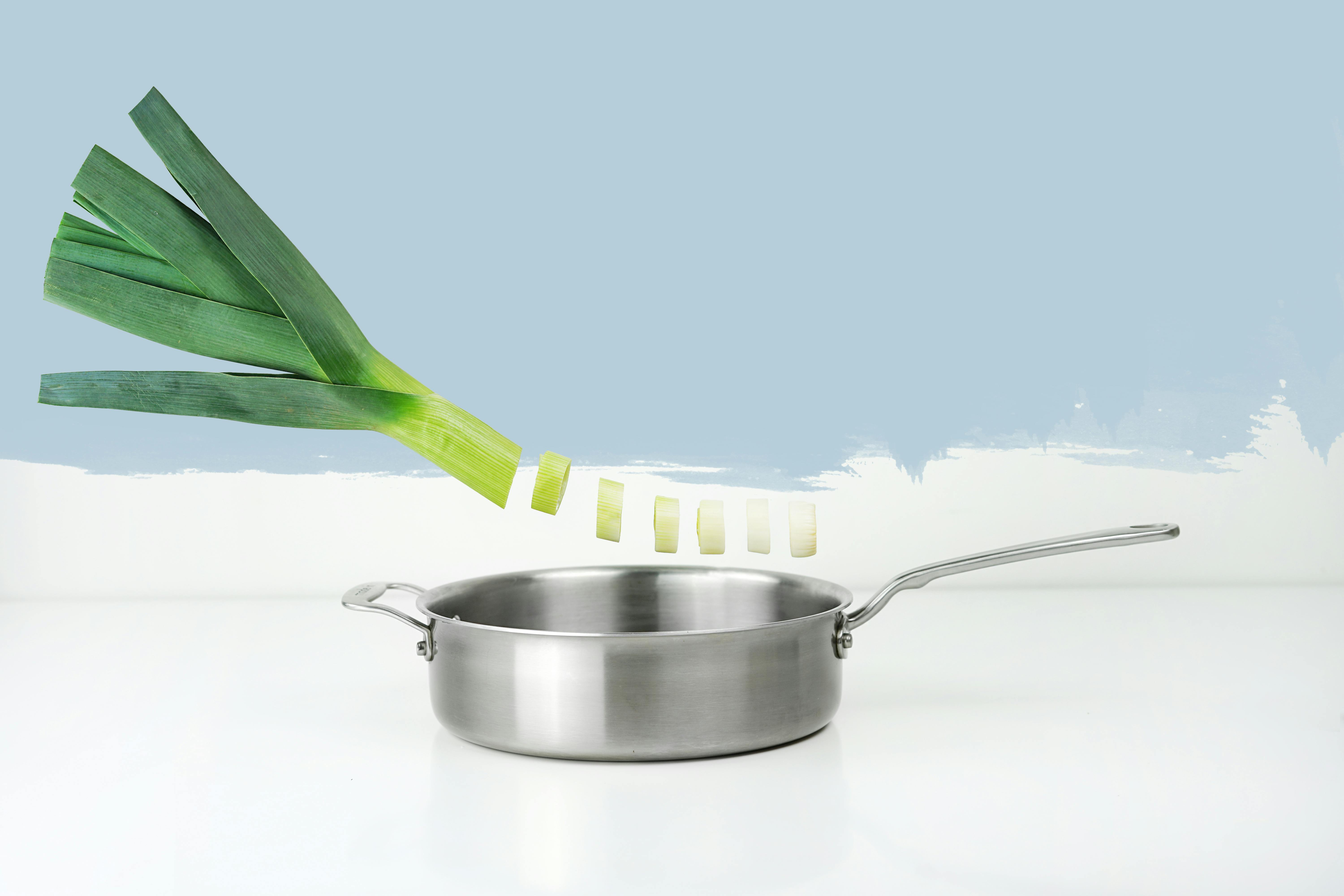Ready Reckoner for Folic Acid Dose
Website design By BotEap.comFolate is vitamin b9. It is important nutrition for us. As the saying goes, too much of anything is useless, the folate level must be appropriate. Being water soluble, it is easy for our body to excrete excess folate. However, we must ensure its optimal level and take the appropriate dose of folic acid.
Website design By BotEap.comMany of us know the RDA recommended daily allowance for nutrition. When it comes to this nutrition, the reference is to folate equivalent. There is no general awareness of this basic concept. This is because folate from food is assimilated into our body in a reduced amount compared to the folic acid we take directly. You have to adjust the dose of folic acid accordingly.
Website design By BotEap.comWhat is dietary folate and what is folic acid? They are the same in substance, but the name differs depending on the source. Dietary folate is the naturally available nutrition in vegetables and fruits like spinach, broccoli, turnip greens, orange, pineapple, etc. Pork liver has folate. When we consume these natural foods we say that it is food folate. Our body biosynthesis and converts it into folic acid. This is how loss occurs. If we take folic acid directly from external sources like fortified bread or breakfast cereals or natural supplements, it goes directly into our body. This is the difference. Consequently, the recommended daily dose is expressed in dietary folate equivalent DFE.
Website design By BotEap.comThere is a simple equation. 1 dietary folate equivalent = 1 mcg dietary folate = 0.6 mcg folic acid.
Website design By BotEap.comFor example, if an orange has 20 mcg of folate and your daily requirement is 400 mcg, you should have 33 oranges, not 20 oranges. However, if you take a 400 mcg folic acid supplement, you simply substitute 33 oranges! This is the fact of the dosage of folic acid.
Website design By BotEap.comI mean 400 mcg because all adults need 400 mcg a day. This is based on scientifically observed test results from 95% to 98% of healthy people. However, there is no such reference for babies because there is no scientifically proven data available. However, an adequate intake of AI for infants is developed based on the health of infants who received breast milk. Consequently, for babies from 0 to 6 months, the requirement is 65 mcg per day and beyond 6 months and up to 12 months it should be 80 mcg per day. Please note these are best reference only and believed to be reasonable and there is no scientific data to prove.
Website design By BotEap.comThere are many health benefits of folate. Inadequate folate leads to anemia because it is required for the production of red blood cells. Heart palpitations, weight loss, loss of appetite, etc. can be observed. It is also important for the formation and maintenance of cells. It is considered best for cancer prevention due to its ability to support antioxidant nutrition.
Website design By BotEap.comThe essential part of folate is felt by any woman of childbearing age. It is concluded that this nutrition plays a vital role in the fetus to ensure an adequate foundation for the spine and brain. That is the reason why adequate folate is recommended for the pregnant woman. The pregnant woman should take a daily dose of 600 mcg of folic acid and continue for 3 months after pregnancy.
Website design By BotEap.comI found a fantastic natural nutritional supplement that includes folate and b12. This combination ensures that folate does not mask b12 deficiency. This supplement provides total balance to nutrition. The source is 70 different natural herbs and salts. Visit my website to learn more about folic acid dosage.
